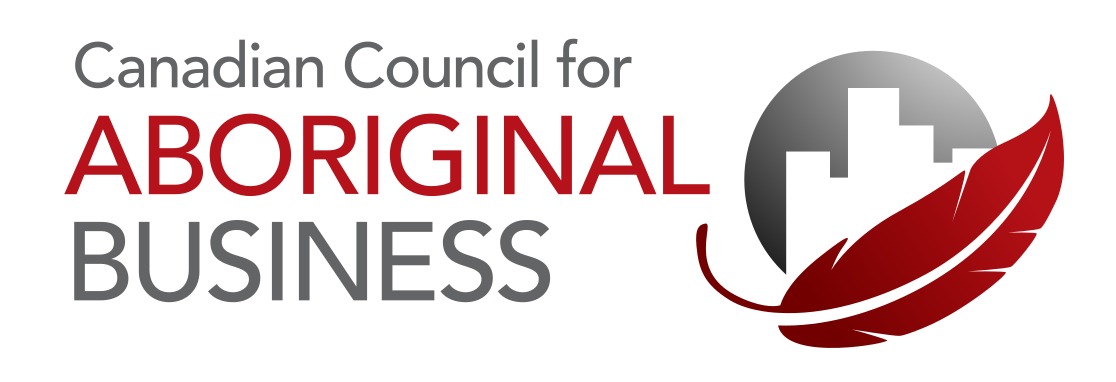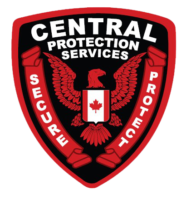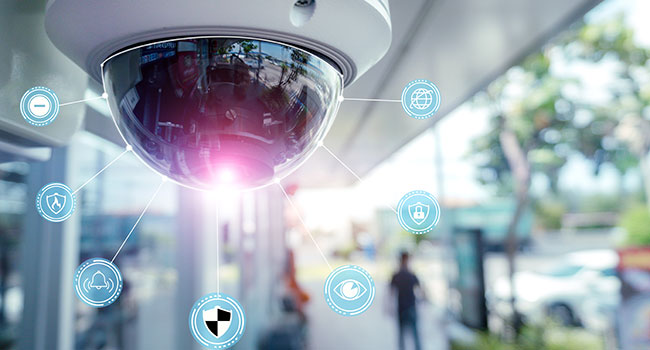Calgary is a vibrant city known for its festivals, concerts, and large-scale gatherings that draw crowds from all over. With such events, ensuring the safety and security of attendees, staff, and performers is crucial. Effective event security not only protects individuals but also enhances the overall experience. In this comprehensive guide, we’ll explore essential strategies and considerations for implementing event security in Calgary.
1. Understanding the Importance of Event Security
Safety First
The primary goal of event security is to ensure the safety of all participants. This includes managing potential risks, such as crowd control, emergency response, and the prevention of disruptive behavior.
Risk Mitigation
Large gatherings can pose various risks, including theft, violence, and medical emergencies. A well-planned security strategy helps mitigate these risks, providing peace of mind for organizers and attendees alike.
Reputation Management
Incidents at events can tarnish the reputation of the organizers and the city. Effective security measures demonstrate professionalism and a commitment to safety, enhancing the reputation of future events.
2. Planning and Preparation
Conduct a Risk Assessment
Before the event, conduct a thorough risk assessment to identify potential security threats. Consider factors such as location, expected attendance, type of event, and any unique risks associated with the venue.
Develop a Security Plan
Create a comprehensive security plan that outlines all security measures, roles, and responsibilities. This plan should cover:
- Access control: Define entry and exit points, and implement credential checks.
- Crowd management: Develop strategies for managing large crowds and ensuring orderly movement.
- Emergency protocols: Establish clear procedures for various emergency situations, including medical emergencies, evacuations, and security breaches.
3. Staffing and Training event security
Hire Professional Security Personnel
Engage experienced security personnel who are trained. Look for professionals with experience in crowd management, emergency response, and conflict resolution.
Provide Training
Ensure that all security staff are well-trained in the specifics of the event, including layout, emergency procedures, and communication protocols. Regular briefings help staff stay informed and prepared.
Designate Security Roles
Clearly define roles for security personnel, such as:
- Entry staff: Handle access control and credential checks.
- Patrol officers: Monitor the venue and respond to incidents.
- Medical response teams: Provide first aid and handle medical emergencies.
4. Technology and Communication
Utilize Surveillance Systems for Event Security
Install CCTV cameras throughout the venue to monitor activity in real-time. This can help security personnel identify potential issues quickly.
Implement Communication Systems
Equip security staff with reliable communication devices, such as two-way radios, to ensure efficient communication during the event. Establish a command center where security personnel can coordinate responses to incidents.
Use Event Management Software
Consider using event management software that includes security features. This can help with ticketing, access control, and real-time monitoring of security incidents.
5. Crowd Control Strategies in Event Security
Establish Clear Access Points
Designate specific entry and exit points to control the flow of attendees. Clearly marked pathways and signage can help guide crowds and prevent bottlenecks.
Use Barriers and Fencing
Implement barriers or fencing to create designated areas for different activities, such as vendor spaces, performance stages, and VIP areas. This helps manage crowd movement and enhances safety.
Monitor Behavior
Train security personnel to observe and identify any signs of trouble, such as unruly behavior or overcrowding. Prompt intervention can prevent incidents from escalating.
6. Emergency Response and Coordination
Develop an Emergency Plan Event Security
Create a detailed emergency response plan that includes evacuation routes, medical assistance protocols, and communication with local authorities. Ensure that all security personnel are familiar with this plan.
Coordinate with Local Authorities
Establish a partnership with local law enforcement and emergency services before the event. Share your security plan and ensure they are aware of any potential issues.
Conduct Drills for Event Security
If possible, conduct drills with security staff and local emergency services to practice response protocols. This helps ensure everyone is prepared for various scenarios.
7. Post-Event Evaluation for Event Security
Review Security Performance
After the event, conduct a debriefing session with security personnel to evaluate the effectiveness of the security plan. Discuss what worked well and what could be improved for future events.
Gather Feedback
Collect feedback from attendees, staff, and local authorities to identify any concerns or areas for improvement. This information can help refine your security strategies for future gatherings.
Conclusion
Effective event security is vital for ensuring the safety and success of large-scale gatherings in Calgary. By implementing a comprehensive security plan, hiring trained personnel, and utilizing technology, organizers can create a secure environment for all attendees. As Calgary continues to host a variety of events, prioritizing security will not only enhance the experience but also build trust and confidence in the community. Whether it’s a concert, festival, or corporate event, investing in robust security measures is a crucial step towards a safe and enjoyable experience for everyone involved.






